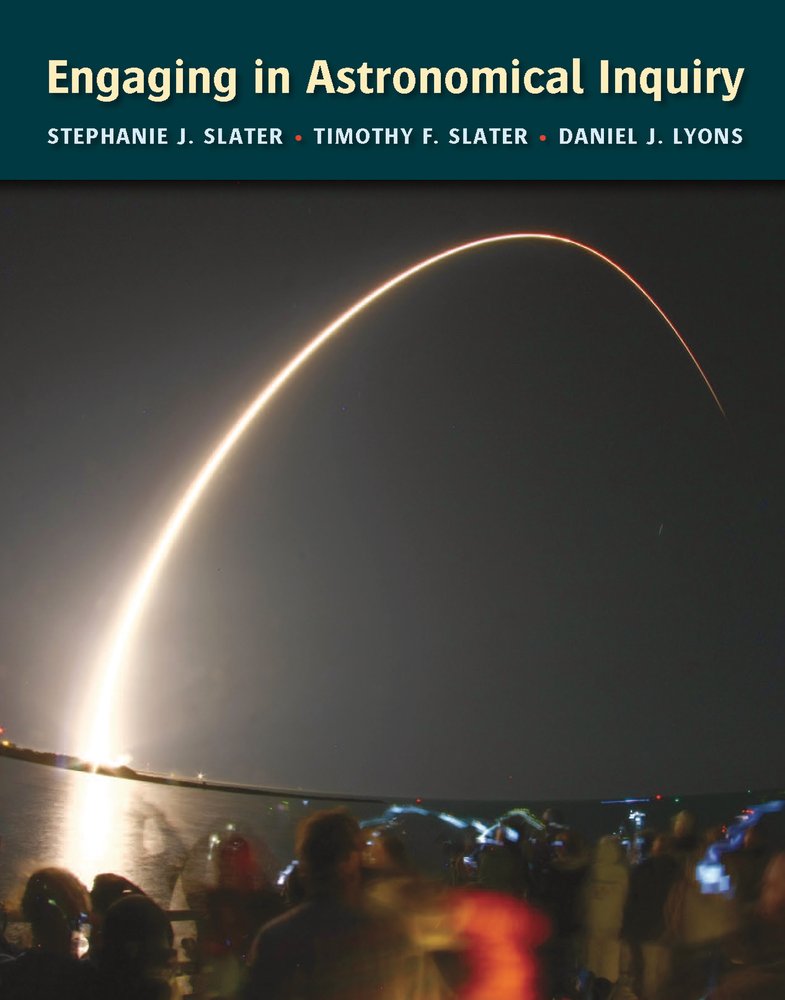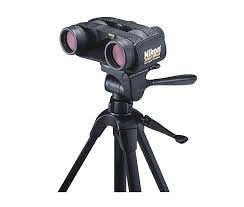Welcome to the Astro & Cosmo 2013 homepage. This interdisciplinary program will combine science and humanities, as we learn introductory astronomy through lectures, discussions, interactive workshops, and a variety of guest speakers. We will conduct observations using naked eyes, binoculars, and telescopes, as well as through virtual astronomy programs. From sacred stories to fundamentals of astronomy, we will explore cosmological concepts from science, literature, mythology, philosophy, history, archaeoastronomy.
Assignments will include: observing; analysis and discussion of texts; writing essays and peer responses, in writing groups; final projects in astronomy and writing (fiction/nonfiction); telling cosmological stories, and more. We will study roles of science and of storytelling in human searches for understanding and meaning.
Catalog Program Description is changed due to faculty injury. For daily details, see our Moodle site (available to registered students who attend week 1).
Class Standing: FR-SR.
Prerequisites: Facility with algebra.. Good reading, writing and thinking skills. Willingness to work in teams and to use computers for web-based assignments and information. There is no prerequisite in physics.
Signature requirement (new): Waived, due to faculty injury. Bring your most recent evaluation from faculty.
Fee: $60 for equipment to be retained by students. Field trips/events: University of Washington, Friday April 19th, 11 am - 4 pm; Guest speaker Friday 10 May 7-9 pm
(Optional longer field trip to clear skies may be organized by students at end of quarter, 12-14 June?)
The first day of class is Tuesday, 2 April 2013. Meet at 6:00 pm in the CAL (click for directions). Waitlisted students must attend the first class if you hope to get in. Registered students who miss the first class may be dropped from the program. |
| SCHEDULE |
Check Moodle often for details and updates
|
DUE |
|---|---|---|
| Sunday | Post your weekly reflective essay (to Moodle by midnight) | |
| Monday |
Individuals write essays, do reading, homework, independent study. Teams meet
when you like. Pre-seminar: discuss readings, questions, ideas. Homework, group projects, schedule time with TA or math tutor.
|
Post responses to peers' essays, and complete other assignments |
| TUESDAY | 6:00 pm- 10:00 pm in the CAL: Astronomy workshops, SEMINAR in Lab2. OBSERVING after class, if clear | Bring your texts; bring observing equipment starting Thursday of week 1 |
| Wednesday |
Individuals write essays, do reading, homework, independent study. Teams meet
when you like. Pre-seminar: discuss readings, questions, ideas. Homework, group projects, schedule time with TA or math tutor. |
Post responses to peers' essays, and complete other assignments |
| THURSDAY | 6:00 pm- 10:00 pm in Sem 2 B1105: Cosmologies Lecture, workshops, seminar. OBSERVING after class, if clear | Bring texts & observing equipment |
| Friday |
Required Field Trips / Events on 19 April & 10 May
No class: Read, write, do homework, work on projects, ... how about a star party with friends and classmates? |
Post your log of group and individual hours |
| Saturday | Post online assignments | |
| TEXTBOOKS & Equipment: You need your own copy of each text in class each day that it is on the syllabus. Check the College Bookstore, to compare price and availability, before ordering texts online. Purchase or order your texts well before class so that you can begin reading ahead. | ||||
|---|---|---|---|---|
| Investigating Astronomy (by Slater & Freedman), Engaging in Astronomical Inquiry (by Slater, Slater, & Lyons), and Angel (software), ISBN 978-1-4292-9392-1.
Bring Engaging in Astronomical Inquiry to every Tuesday class. Investigating Astronomy recommended. |
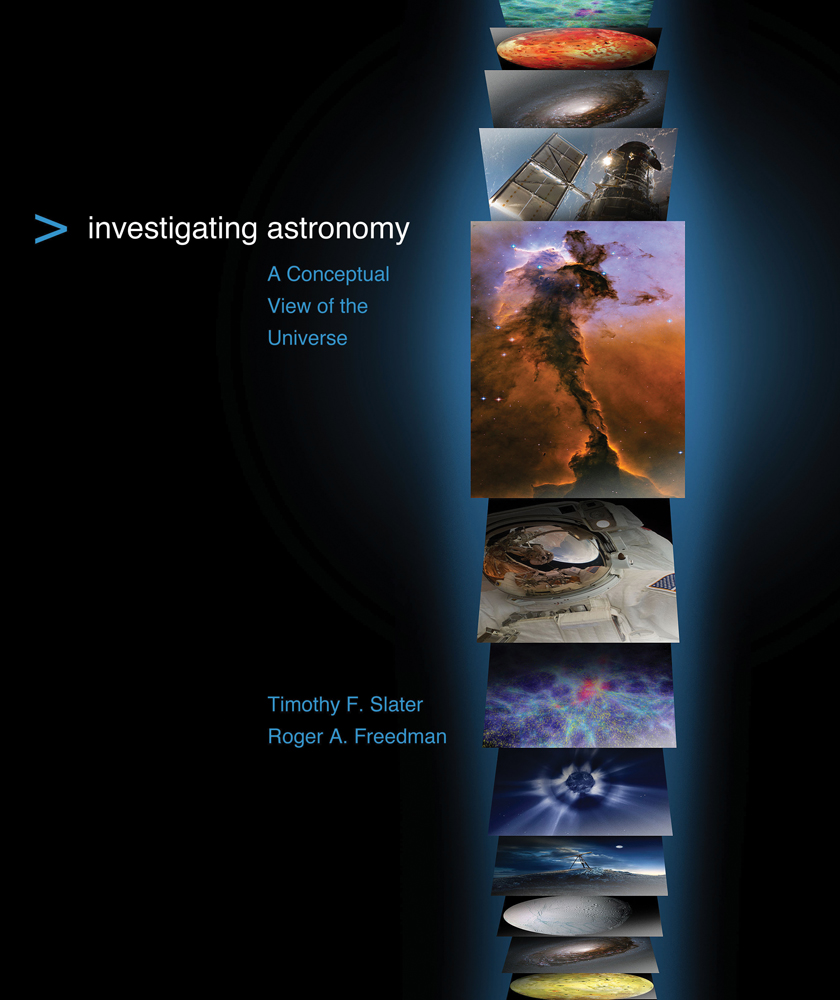 |
|||
| Calvino, Italo. Cosmicomics. New York: Harvest Books, Harcourt Brace, 1979. ISBN: 9780156226004 | 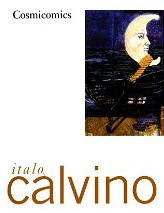 |
|||
Dickerson, Terence. NightWatch: A Practical Guide to Viewing the Universe (newest Edition). XX: Firefly Books. 2006. ISBN: 9781554071470 |
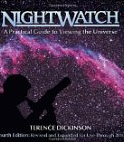 |
|||
Staal, Julius, The New Patterns in the Sky: Myths and Legends of the Stars. Blacksburg, VA: McDonald Woodward, 1988. ISBN: 9780871088581 |
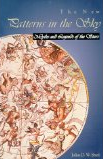 |
|||
Miller, Dorcas. Stars of the First People. Boulder, Co.: Pruett. 1997. ISBN: 9780871088581 (out of print - available online) OR Williamson. Ray A. They Dance in the Sky: Native American Star Myths. New York: Houghton-Mifflin, 1987. (in College Bookstore) |
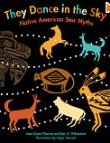 |
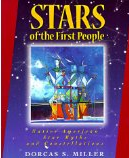 |
||
Swimme, Brian, and Mary Evelyn Tucker. Journey of the Universe. New Haven: Yale University Press, 2011. ISBN: 0300171900 |
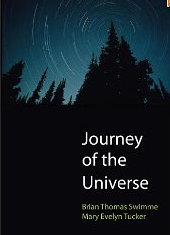 |
|||
| Bookmark Sky & Telescope and/or access it electronically through the Evergreen Library. (You may wish to subscribe to a hardcopy, but delivery is often delayed for new subscribers.) | 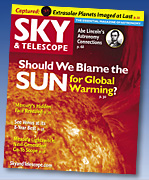 |
|||
| Optional text:: Zinser, William, On Writing Well, 30th Anniversary Edition: The Classic Guide to Writing Nonfiction, New York: Harper Perennial. ISBN: 0060891548 |  |
|||
EQUIPMENT |
||||
| EQUIPMENT: Get a (1) Planisphere and a (2) BLANK (unlined) Lab notebook from the Bookstore.
(3) Flashlight with RED nailpolish or tape on the end (somebody will have red stuff to share) and a STRING to hang it around your neck. These are REQUIRED for safe observing on the roof. (We'll provide tiny red lights to start with. Always point lights down - not into anybody's eyes.) |
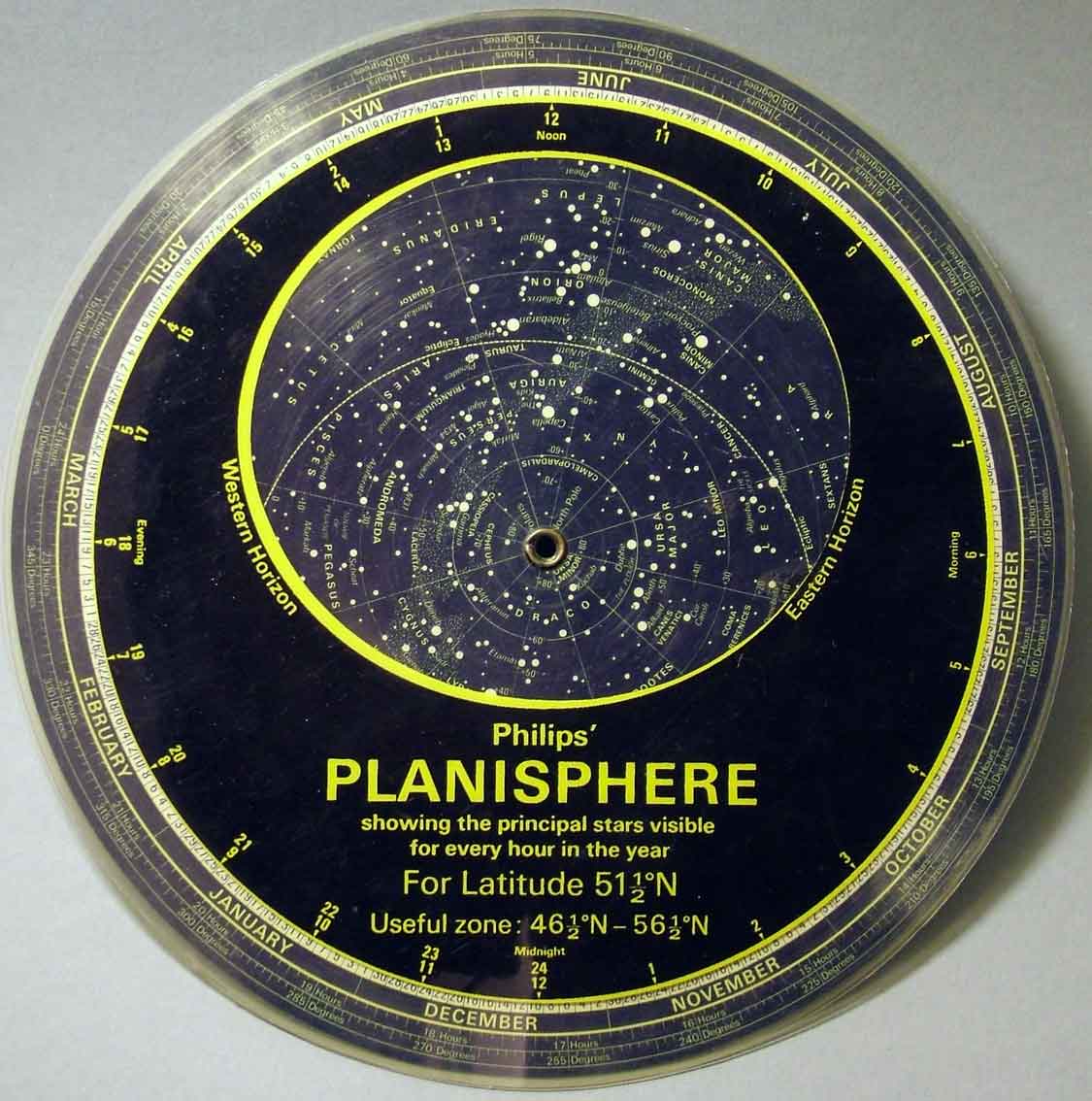 |
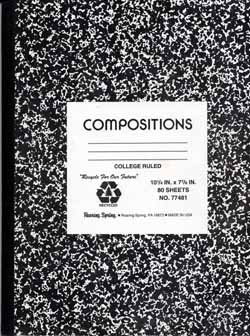 |
||
| You need a good pair of (4) BINOCULARS (10 x 42 or 10 x 50 - bigger is too heavy), and your image will be MUCH more clear and stable with a (5) TRIPOD and binoculars mount. Buy or borrow the tripod & mount. Then you will be able to see as well as Galileo did with his telescope - moons of Jupiter, etc. | ||||
| Get a plastic toolbox at your local hardware store to keep all your observing gear in. | ||||
| Rebecca Chamberlain | Chambreb(at)evergreen.edu, 360-867-5845 | Sem2 B2121 | |
Richard MILES |
MilesRL(at)evergreen.edu |
360-867-5043 |
|
| Office hours: by appointment | webpage updated: 1 April 2013 |
||
| Dr. Zita is on leave in spring quarter due to a farm injury | |||


